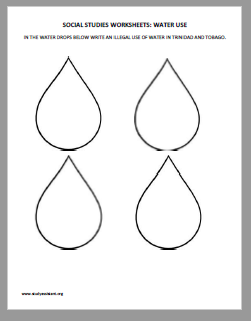Summary

The Importance of Water
Water is vital to human life, health, and everyday activities. We use water to cook, bathe, clean and drink. Can you think of other uses of water?
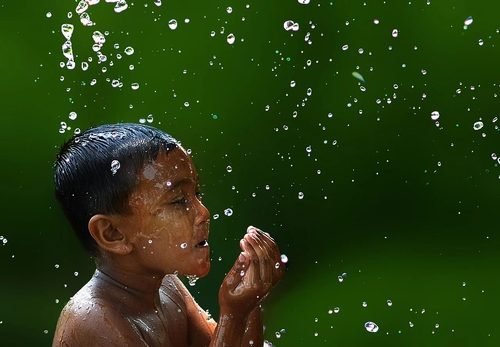
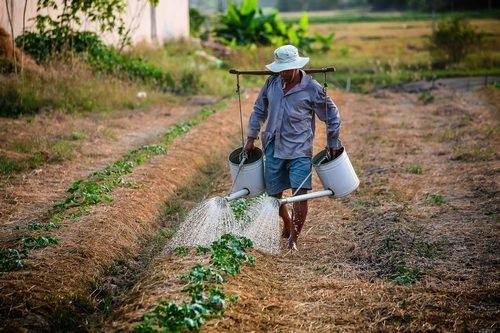
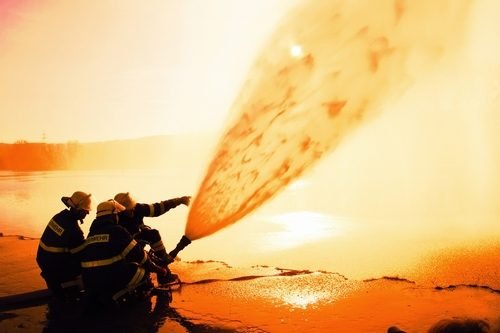
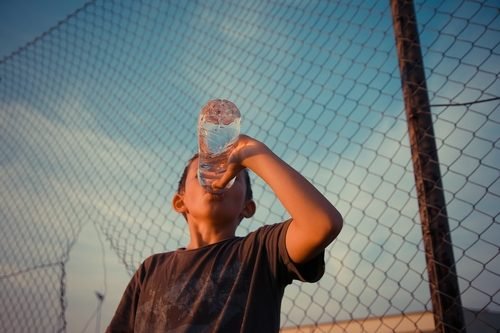
One of the most important is that water prevents dehydration and helps keeps us alive. It makes up more than two-thirds of human body weight. Dehydration could set in quickly as soon as our body’s water supply drops. Some symptoms of dehydration are memory loss, fatigue, and trouble focusing on text (printed or on the computer screen). Water is certainly important.
Sources of water
There are two main sources of water: surface water and groundwater.
Surface water is found in lakes, rivers, and reservoirs.
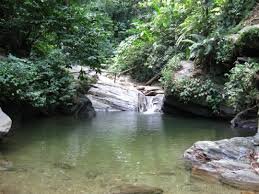

Ground water lies under the surface of the land, in soil or under rock structures, where it travels through and fills openings in the rocks. These rocks are called aquifers. The groundwater is pumped from the aquifers to the surface. Presently one-fifth of all the water is obtained from ground water resources.
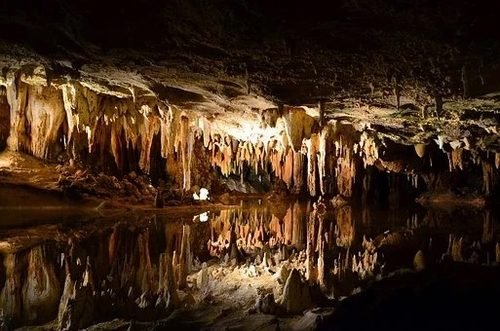
Then the city water systems carries the surface water or ground water to households. Water in the water system are not all free from contaminants. Some contaminates are present in the rock formation while others are introduce by industries or human activities. Chemical leakage comes from waste disposal, factories, pesticides and fertilizers, chemical spill or underground storage tanks. With increasing urbanization and human activities, the groundwater has been affected.
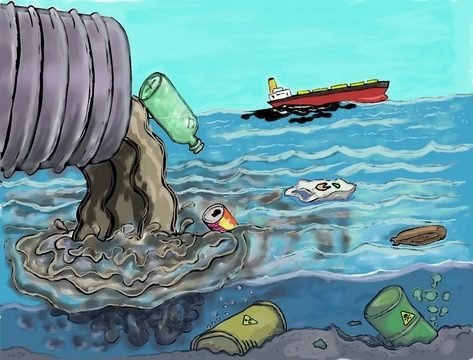
Saltwater
Salt water is undrinkable. Sea water has 3.5% salt and 96.5% water. However, saline water can be made into freshwater. This process is called desalination. This increases the freshwater availability in places that have limited underground water resource.
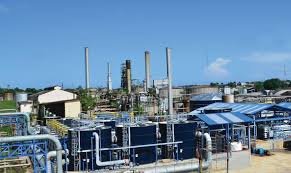
The desalination plant in Trinidad is the largest seawater reverse osmosis system in the Western Hemisphere. It supplies water for the Point Lisas Industrial Estate.
Water Sources in Trinidad and Tobago
The main water sources in Trinidad are the Navet Dam, Caroni Arena, Hollis Reservoir, and Hillsborough Reservoir (Tobago). WASA is the main agency that helps bring fresh water to the citizens of Trinidad and Tobago.
WASA (Water and sewerage Authority) was established by Act of Parliament in 1965 to manage the water and sewerage sector of Trinidad and Tobago.
Click here to view a map of the watershed.
Illegal Use of Water in Trinidad and Tobago
The following is a list of the illegal use of water in Trinidad and Tobago:
- Connecting to WASA pipelines network without permission.
- Abstraction of water from fire hydrants for resale.
- Distributing of water from WASA network.
- Abstracting water from streams and rivers
- Selling water and tampering with the Authority’s distribution.
- These activities contribute to the authority’s high level of non-revenue water and adversely affect the authority’s ability to adequately service paying customers.
Water Conservation
You can help conserve water. Here are some ways you can help do this.
- Avoid purchasing water toys.
- Water your yard and outdoor plants early or late in the day to reduce evaporation.
- Take shorter showers, five minutes or less is best.
- Put faucet aerators on sink faucets.
- Install new toilets that use less than 1.6 gallons per flush.
- Use plants that require less water.
- Get an energy star labelled washing machine. Wash only full loads.
- Turn off the water while soaping hands and brushing teeth.
- Turn off sink faucet while scrubbing dishes and pots.
- Use low flow shower head.
- Use a shut-off nozzle on your hose.
- Mulch around plants to to hold water in the soil.
- Use a broom, not a hose, to clean driveways an walkways.
- Encourage friends and neighbours to be part of a water conscious community.
- Promote water conservation in newsletters or bulletin boards.
Water pollution
Our water is polluted when harmful chemicals or micro-organisms enter the water system. Toxic substances come from farms, towns and factories.
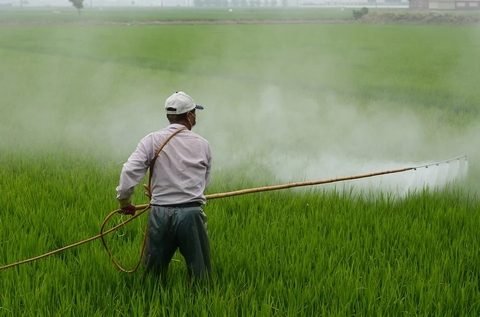
Groundwater is polluted by pesticides and fertilizers. Once an aquifer is polluted is it is unusable for decades. Plus, groundwater can spread contaminated water into streams, lakes and oceans.
Thus the quality of a stream or river shows the way of life within a community. It shows the effects of human activity and life-styles. What you use could end up in the rivers.

Flooding is also caused by water pollution.
Quarrying leaves the land bare, void of any shubs on the land and increases the surface runoff. Improper waste disposal enters the drainage systems and clog drains. This causes water to back up during the rainy season and cause surrounding areas to flood.
Garbage can also interfere with the natural flow of the water in rivers and streams.
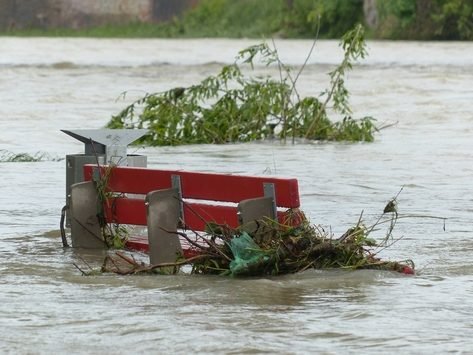
Worksheets
Click the links below to download the PDF worksheets.



